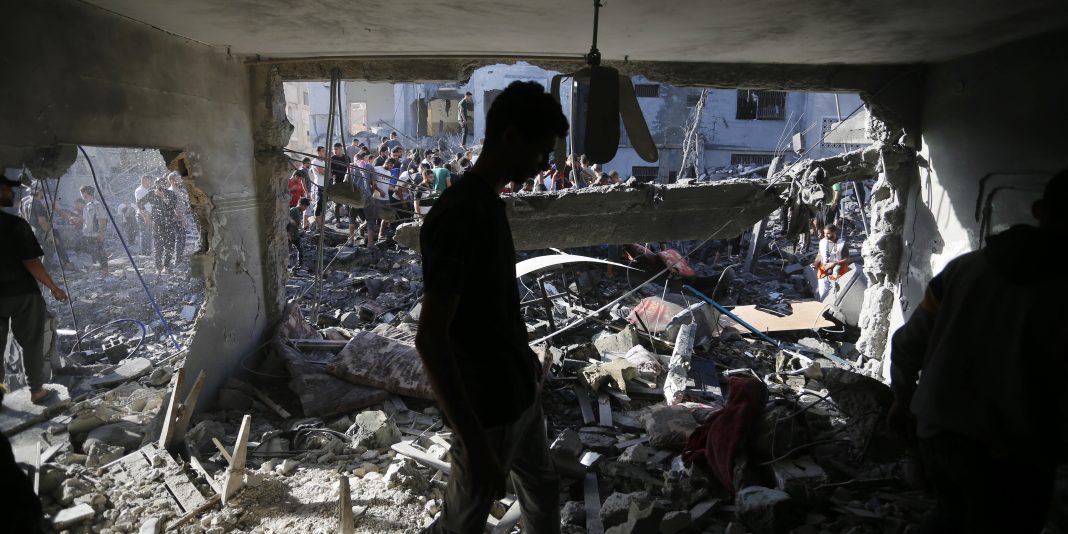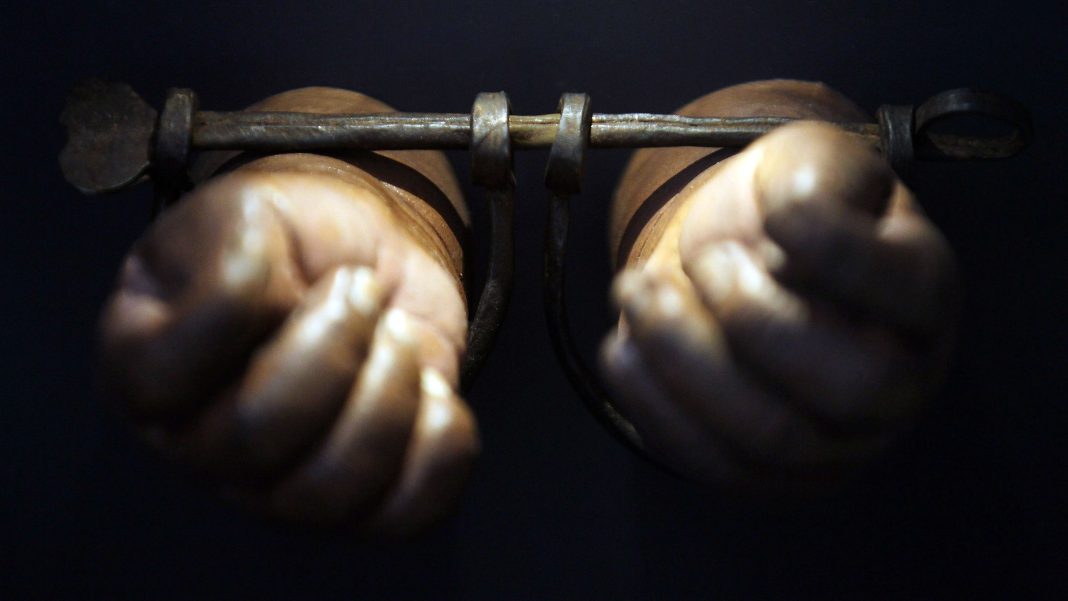Title: Columbia University Faces Backlash for Alleged Changes to Disciplinary Procedures Amid Student Protests
Introduction:
As summer vacation begins, Columbia University in New York finds itself embroiled in controversy over disciplinary charges against students involved in protests against Israel’s war in Gaza. Recent changes to the university’s disciplinary procedures have raised concerns among students, making it more challenging for them to defend themselves. This article delves into the accusations made by Columbia Law students, examines the alleged changes to disciplinary rules, and explores the potential consequences for student activism.
Weaponizing Disciplinary Process:
Columbia University has been accused of weaponizing its disciplinary process against students advocating for Palestinian human rights. The newly created Center for Student Success and Intervention (CSSI) has imposed unprecedented rules that infringe upon student protections, such as preventing legal or personal supporters during hearings and imposing arbitrary time limits on communication with supporters. Bassam Khawaja, a lecturer at Columbia Law School, argues that this disproportionate response aims to suppress speech on the issue.
Last-Minute Changes and Postponed Hearings:
Students facing disciplinary hearings received an email on May 29, just one day before their scheduled hearings, outlining several process changes. These changes were met with criticism from law students who claimed that they violated existing policies and denied students their rights. However, the hearings have been indefinitely postponed, according to campus sources.
Cracking Down on Protests:
Columbia University’s alleged ad hoc changes to longstanding policies to crack down on protests are not unique. Similar tactics have been employed in the past, such as during the University of California, Berkeley Free Speech Movement in the 1960s. This trend has now spread to other colleges across the country, indicating a broader pattern of limiting advocacy and stifling dissent.
Limiting Advocacy and Contradictory Policies:
The CSSI’s May 29 message stated that accommodations could be made for supporting individuals outside of the hearing location or zoom breakout room, with a five-minute break for consultation. However, the law students argue that these restrictions on legal counsel, faculty advisors, and time limits contradict university policies and precedents. The CSSI’s own policies, which are more restrictive, only allow undergraduate advising deans or designated administrators as advisors during hearings.
Faculty Concerns and Big Law Influence:
Faculty members at Columbia University also feel excluded from the administration’s decision-making process. Many universities are now contracting with large legal firms for disciplinary hearings and code development, which has raised concerns about the influence of “Big Law” on higher education. Law students and public defense offices are seen as a potential counterweight to this influx of legal power.
A Patchwork of Regulations:
Columbia University is grappling with a patchwork of regulations that intertwine its history with evolving disciplinary processes. The Rules of University Conduct, established after student protests in the 1960s, allow students to be accompanied by supporters of their choice, including attorneys. However, CSSI’s policies are more restrictive, limiting support to undergraduate advising deans or designated administrators. Barnard College, affiliated with Columbia University, also has policy discrepancies with both the Rules of University Conduct and CSSI.
Questioning CSSI’s Jurisdiction:
The jurisdiction of CSSI has been questioned by students, leading the university Senate to vote in May to halt disciplinary proceedings until the general counsel clarifies CSSI’s jurisdiction. However, no clarification has been provided thus far. Students argue that they are merely asking the university to follow its own rules and procedures while highlighting the ongoing violations of international and US law in Gaza.
Conclusion:
The recent disciplinary charges against students involved in protests at Columbia University have sparked controversy over alleged changes to disciplinary procedures. Students and faculty members have raised concerns about the infringement of student rights and the potential suppression of free speech. The university’s response to these accusations will determine its commitment to upholding due process and protecting student activism.


